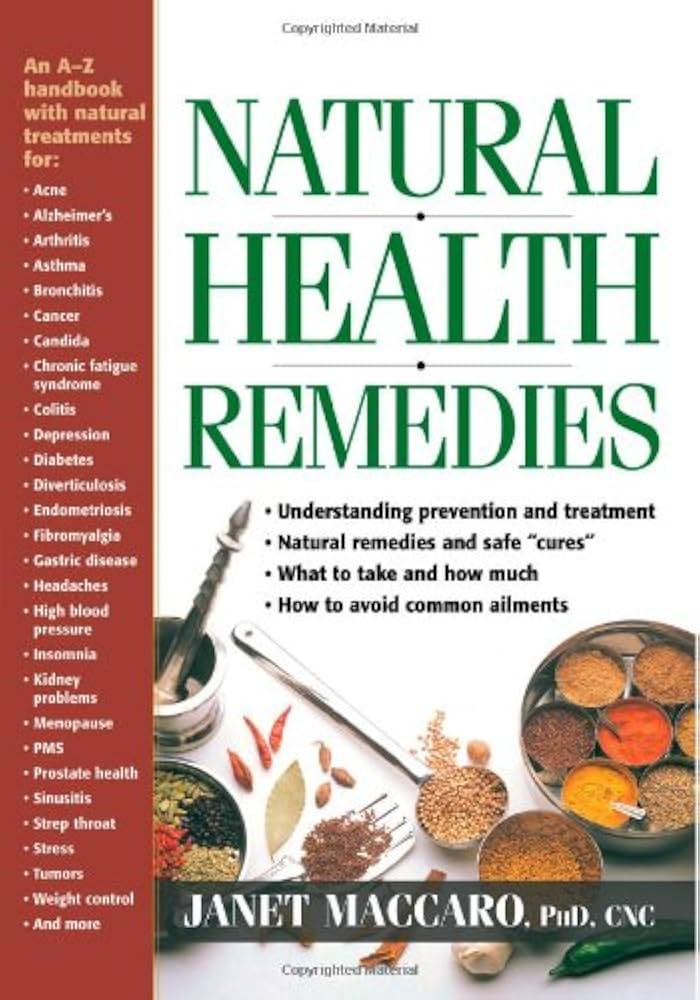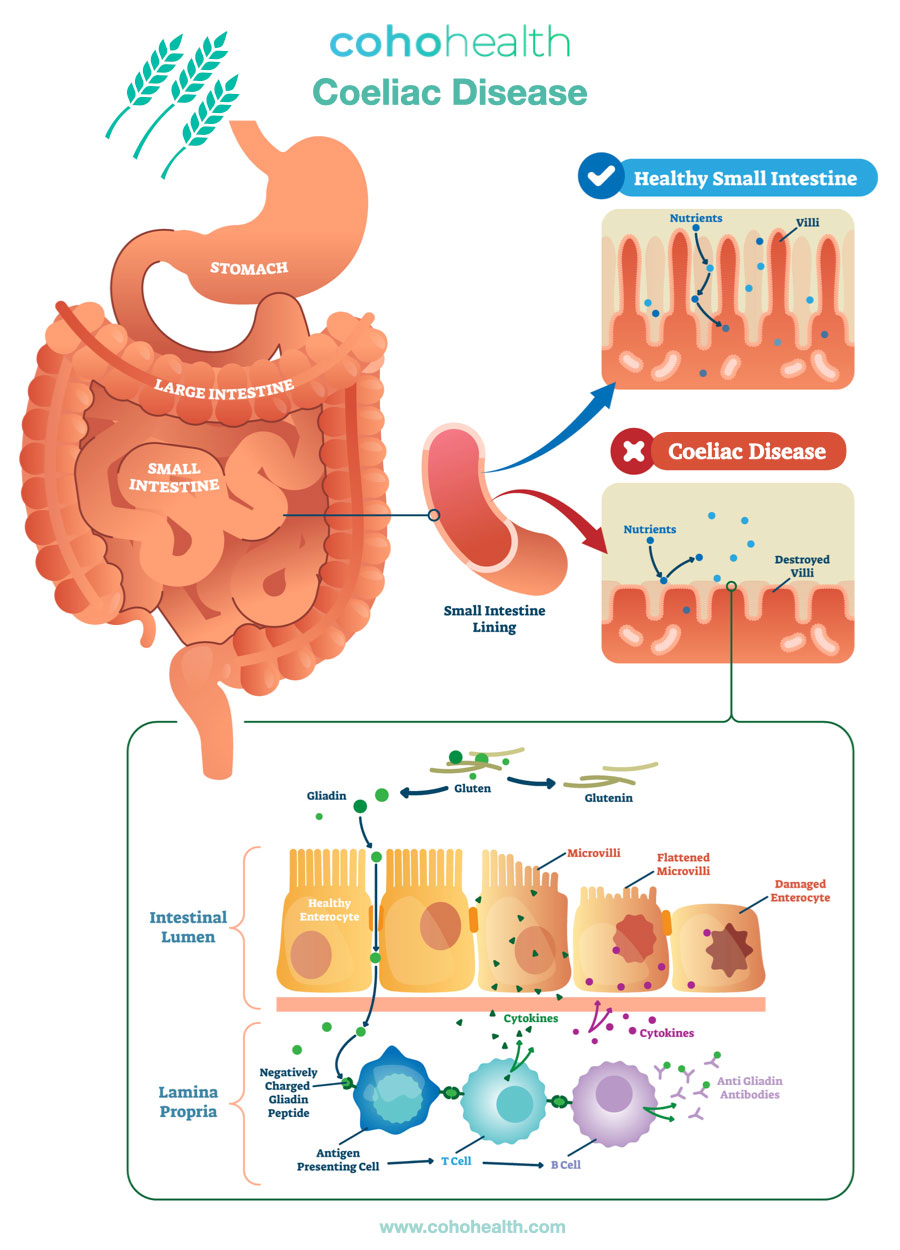Complementary and Alternative Medicine (CAM) Theory
Complementary and alternative medicine (CAM) theory has been gaining traction in recent years, offering a holistic approach to healthcare that complements conventional medical practices. In this article, we’ll delve into the world of CAM theory, exploring its core principles, types, benefits, and potential drawbacks.
The Fundamentals of CAM Theory
CAM theory is built on the idea that human health and well-being are influenced by a complex interplay of physical, emotional, mental, and spiritual factors. This holistic approach recognizes that conventional medicine often focuses solely on treating symptoms rather than addressing the underlying causes of illness.
The Core Principles of CAM Theory
At its core, CAM theory is founded on several key principles:
- Wholeness:** The recognition that humans are complex systems comprising physical, emotional, mental, and spiritual components.
- Interconnectedness:** The understanding that all aspects of human experience – including physical health, emotions, thoughts, and spirituality – are interconnected and interdependent.
- Purposefulness:** The acknowledgment that humans have a purpose or meaning in life, which can influence their overall well-being.
The Types of CAM Theory
CAM theory encompasses a wide range of practices and therapies, including:
Natural Therapies
- Herbalism:** The use of plants and plant-based compounds to promote health and well-being.
- Aromatherapy:** The therapeutic application of essential oils to promote physical, emotional, and mental health.
- Nutrition and Dietetics:** The study and practice of using diet and nutrition to prevent and treat diseases.
Energy-Based Therapies
- Acupuncture:** A traditional Chinese medicine technique that involves inserting thin needles into specific points on the body to stimulate healing.
- Meditation and Mindfulness:** Practices designed to cultivate inner peace, reduce stress, and promote mental well-being.
The Benefits of CAM Theory
CAM theory offers several benefits, including:
- Comprehensive Approach:** CAM theory considers the interconnectedness of physical, emotional, mental, and spiritual factors to provide a more comprehensive understanding of human health.
The Potential Drawbacks of CAM Theory
While CAM theory offers many benefits, there are also some potential drawbacks to consider:
Conclusion
In conclusion, complementary and alternative medicine (CAM) theory offers a valuable approach to healthcare that complements conventional medical practices. By recognizing the interconnectedness of physical, emotional, mental, and spiritual factors, CAM practitioners can provide comprehensive and holistic care for patients seeking a more personalized and effective treatment plan.
Further Reading
If you’re interested in learning more about CAM theory and its applications, we recommend exploring the following resources:
We hope this article has provided valuable insights into the world of CAM theory. Remember to always consult with a qualified healthcare practitioner before exploring any new therapies or treatments.


